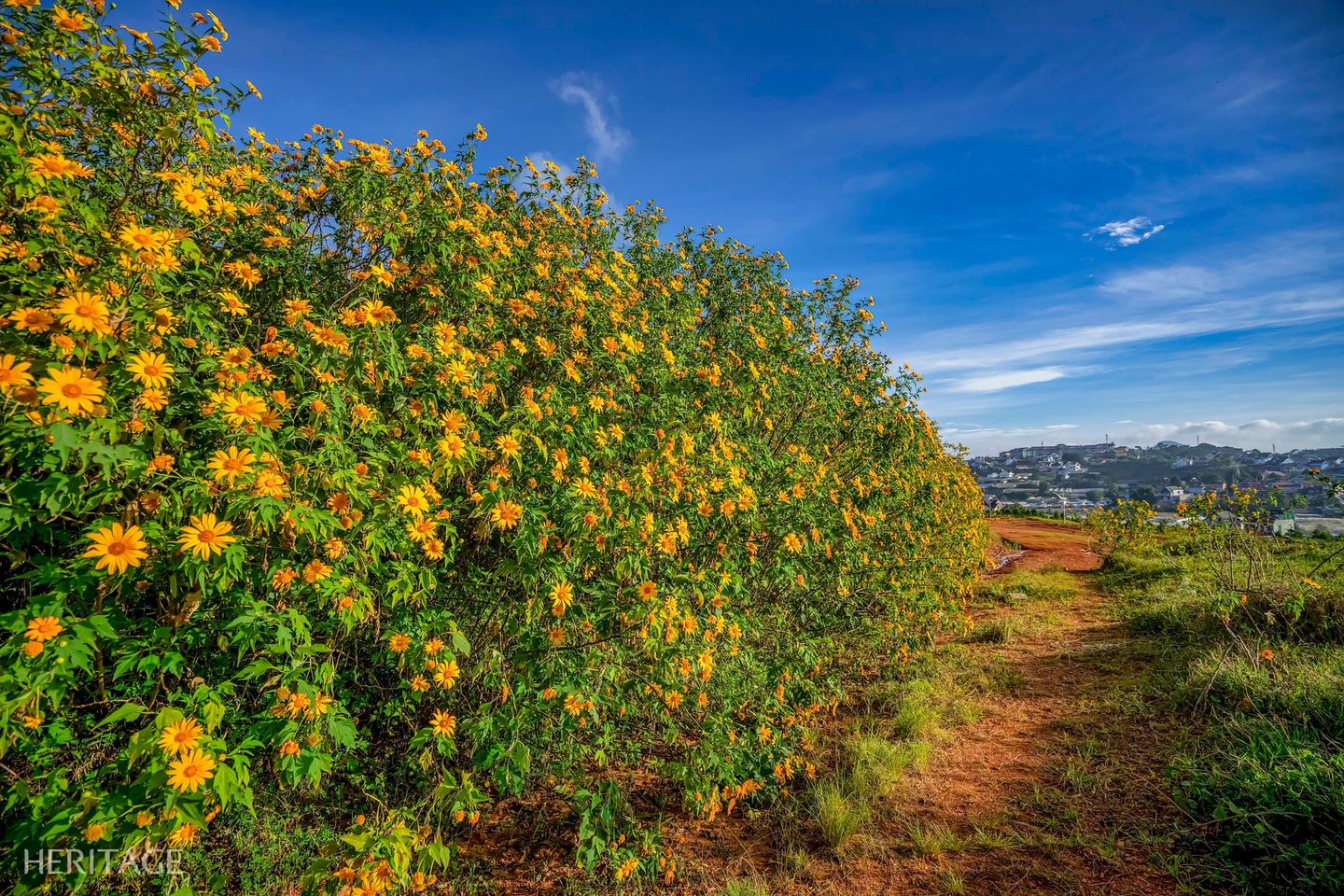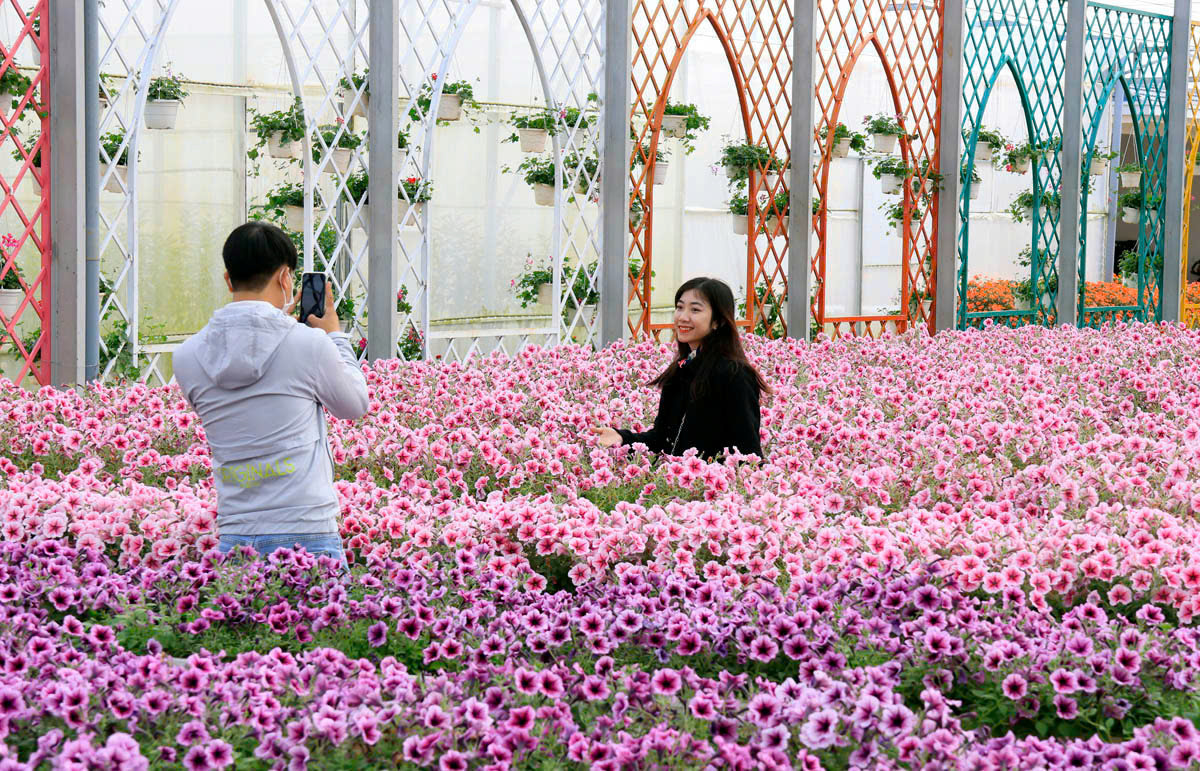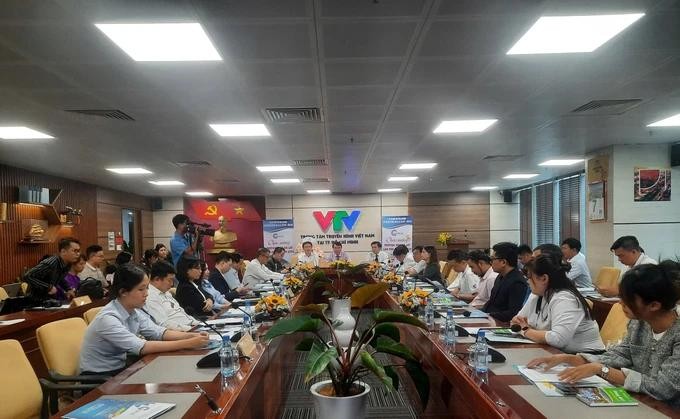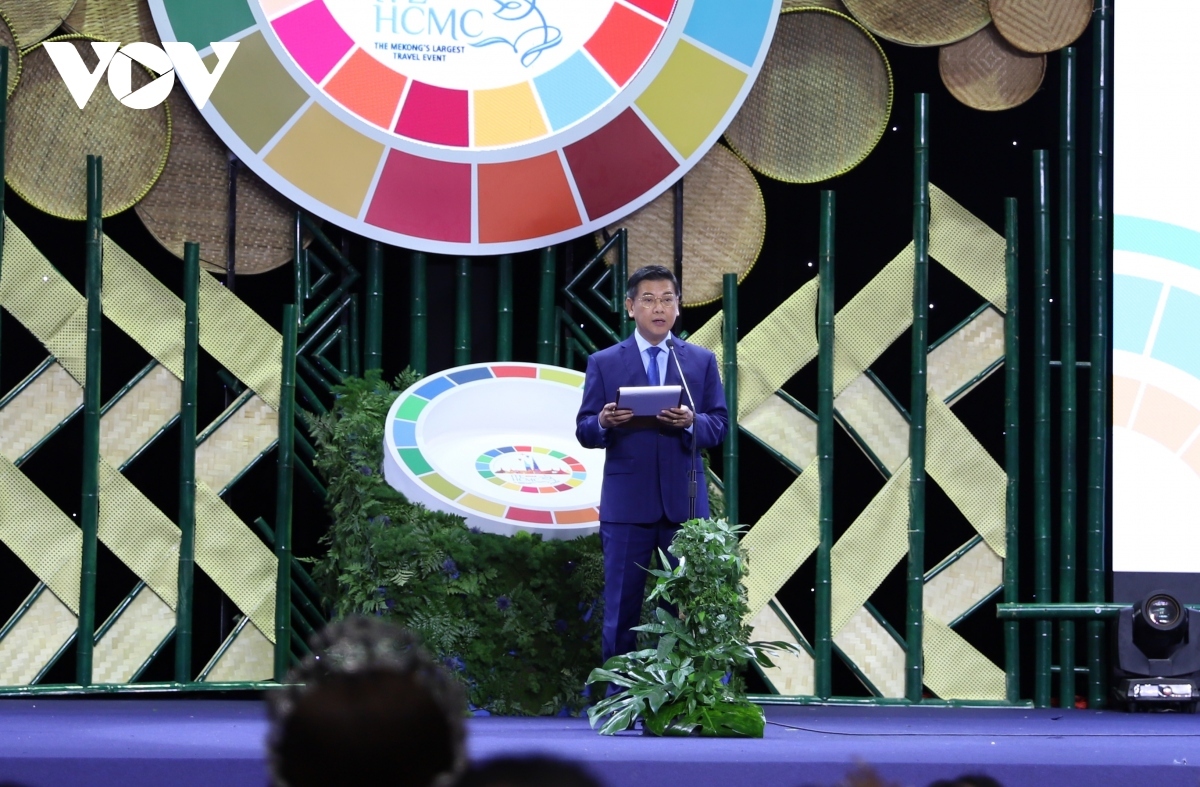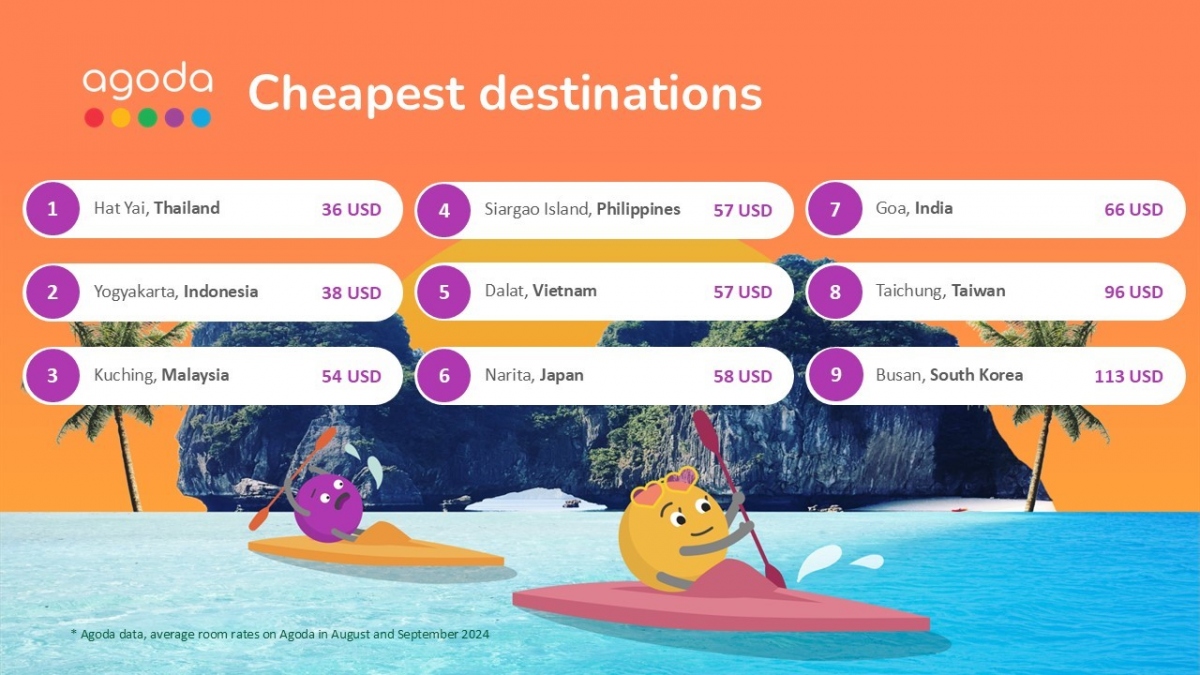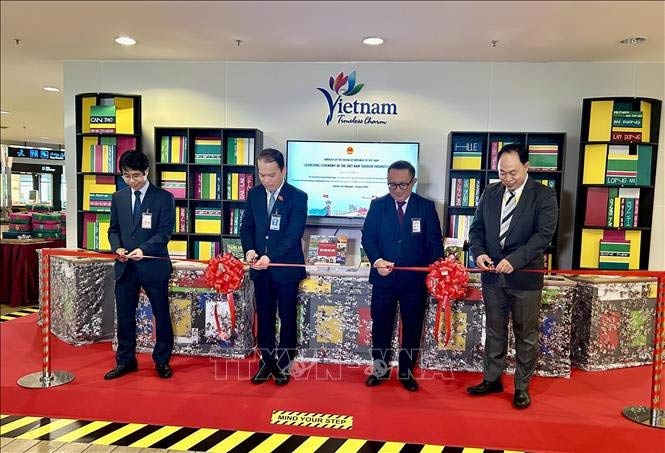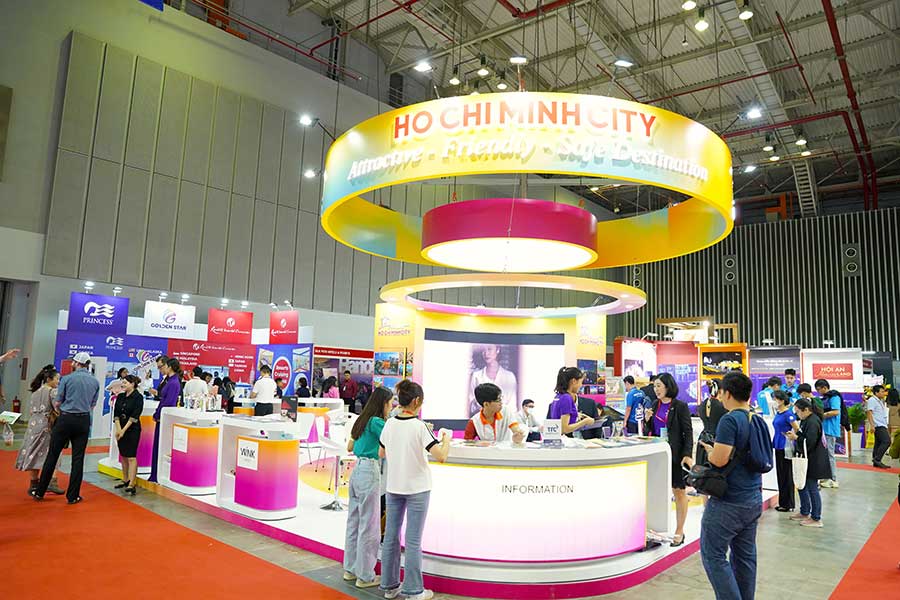VOV.VN - Vietnam and Japan will increase agricultural cooperation by applying digital technology to farming toward sustainable development.
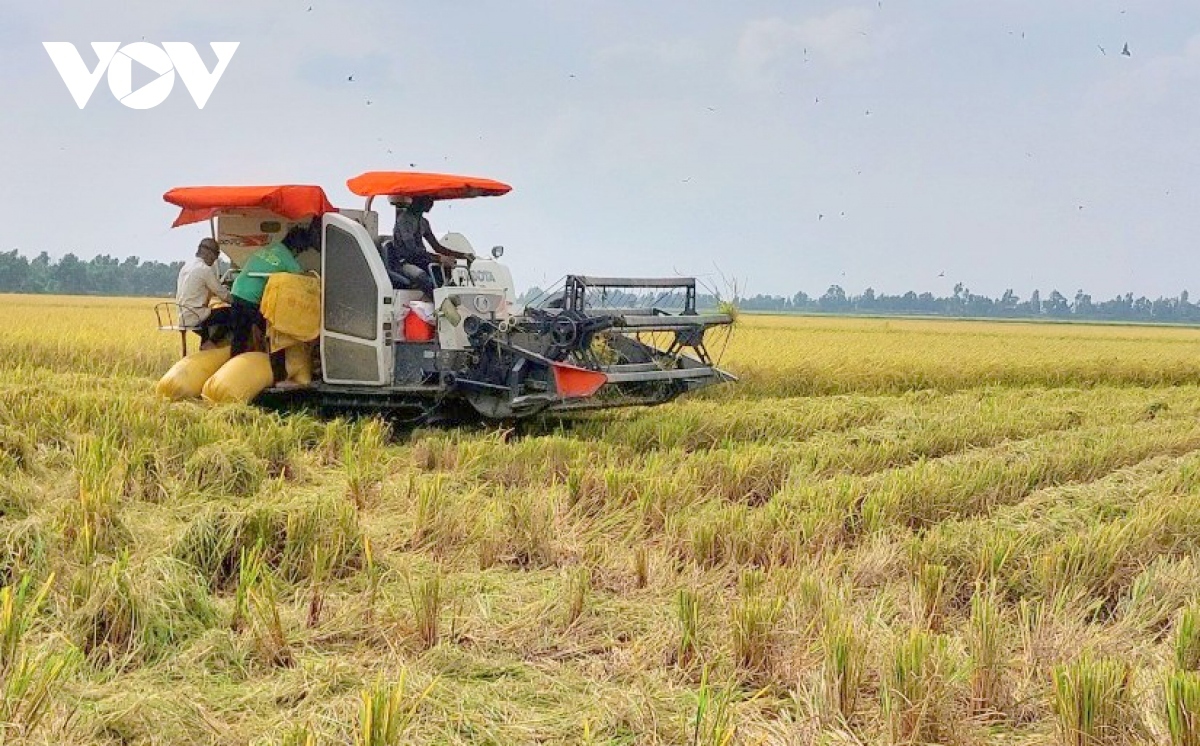
Harvesting rice in the Mekong Delta (Illustrative image)
The agreement was reached during a working session in Tokyo on August 20 between Deputy Minister of Agriculture and Rural Development of Vietnam Tran Thanh Nam and Vice Minister for Agriculture, Forestry and Fisheries of Japan Maitachi Shouji.
Nam briefed his host on Vietnam’s pilot project of 1 million hectares of high-quality, low-emission rice in the Mekong Delta, and said Vietnam is in dire need of resources to support capacity building for cooperatives and farmer households.
He then proposed that Japan coordinate efforts in implementing capacity building programmes for cooperatives engaging in the project, especially in digitalizing chain management, monitoring and evaluation for emission reduction.
Shouji for his part appreciated Vietnam’s initiative and said Japan will help improve capacity building for cooperatives and farmers involved in agricultural extension, first and foremost to implement the pilot project, and then in standard raw material areas being developed by the Ministry of Agriculture and Rural Development.
According to the vice minister, the agricultural extension service is the basic foundation to help transfer science and technology advancement, train farmers and cooperatives to change production models, and access science - technology markets.
Nam welcomed Shouji’s proposal and expected that the Japanese side would support and create conditions for competent agencies such as the Japanese Embassy in Vietnam, the Japan International Cooperation Agency (JICA), and Japan’s non-governmental organizations to support Vietnamese training facilities in this regard.
The two sides also sought to create conditions for Japanese and Vietnamese businesses to carry out joint cooperation projects in the fields of organic agriculture, digital technology in agriculture, logistics, and agro- forestry and fishery trading.
Nam proposed that the Japanese side encourage its businesses to cooperate with Vietnamese businesses to invest in organic farming and digitalization in agriculture. He also requested that the Japanese side speed up the process of approving a document allowing Vietnamese pomelo to enter its market, while considering risk and pest assessment for passion fruit and butter from Vietnamese cow milk.
He told his host that the Vietnamese Ministry of Agriculture and Rural Development has also directed its relevant agencies to soon complete procedures for Japanese grapes to be imported into the Vietnamese market, while considering documents for Japanese peaches and puffer fish to enter the market.
Nam revealed that the two sides are expected to sign the medium- and long-term vision of Vietnam - Japan agricultural cooperation for 2025 – 2029 in the first quarter of 2025. They are expected to continue to open markets for each other’s agricultural products, and take advantage of free trade agreements of which both sides are members, to increase trade exchanges.
Japan is currently one of Vietnam’s important agricultural, forestry and fishery export markets, accounting for about 7.5% of Vietnam’s total annual agro-forestry and fishery export turnover.



